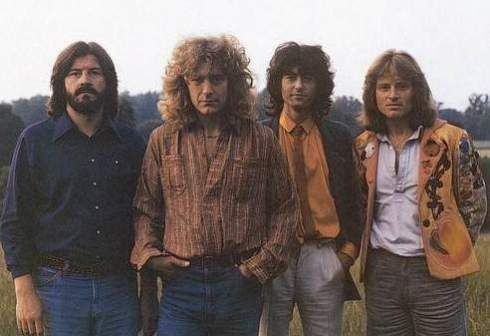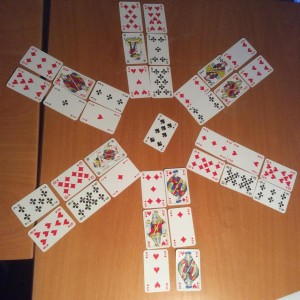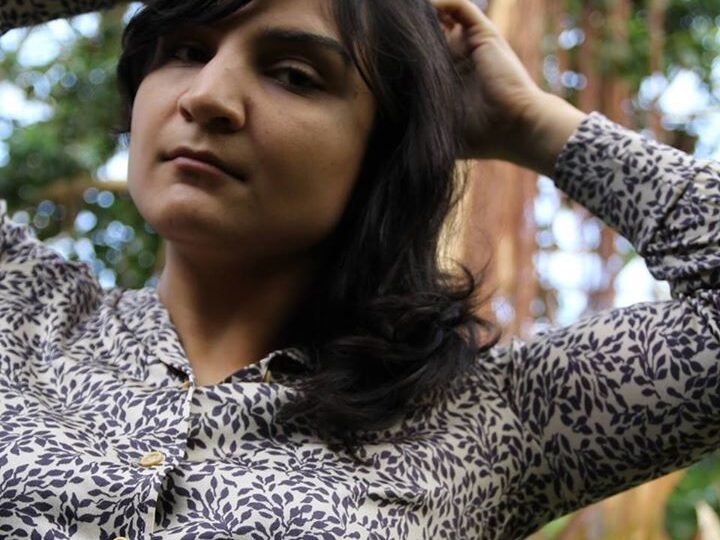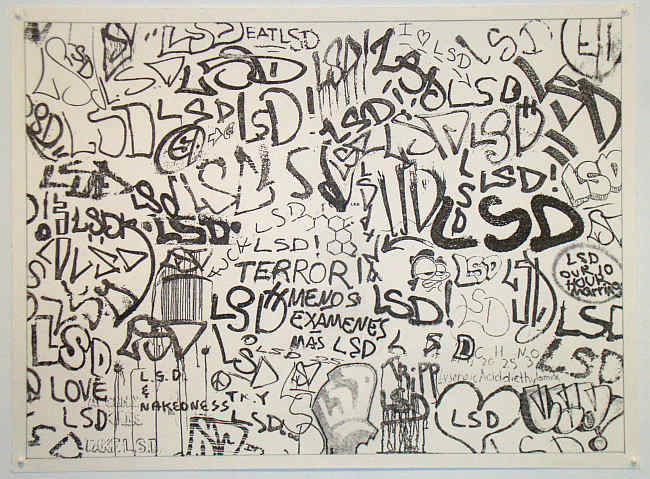
Reminiscences of an adolescent Zephead
Over the hills and far away, in the longago pubescent dawn, my world was a half-dreamt thing built as much from Tolkien, Lovecraft, and Hunter S. Thompson as from the concrete chunks of reality that the usual suspects doled out daily. At an age when desire and imagination have yet to become estranged from one another, just to see and feel is to breed fetishes. Mine were occult: astral dreams, D&D poesy, illustrations ripped from library books about the supernatural. Girls I knew wanted pop stars; I wanted wizardry, the invisible rebellion of the internal life. And no one offered a better soundtrack for my escape into shadow than Led Zeppelin.
For a kid with a map of Middle Earth on his wall, Zep’s hackneyed flower-child allusions to The Lord of the Rings were a secret wink, an affirmation that between the cracks of what I already suspected was going to turn out to be a dull world nestled some resplendent other. If only I could decode those sigils on the nameless fourth record, or turn that dumb wheel on the cover of Led Zeppelin III in just the right way! Then these figures would tell their tales: the Queen of Light, the Keepers of the Gloom, the Black Dog, the guy named (Roy) Harper. But who exactly was going to receive the offering of that nude girlchild held aloft inside the gatefold of Houses of the Holy?
The born-again surfers in my typing class knew: Satan. And while I wasn’t ready to go that far, it wasn’t clear what side Zep was on: Mordor or Middle Earth? “Let the music be your master/Can you heed the master’s call?” Plant sang. And it’s true what they say about “Stairway to Heaven”if you play a section of it backwards, you’ll hear the demonic invocation “myee sweeth Saythengg.” But as a bud buddy pointed out, who needs backwards masking when you have a line like “your shadows taller than your soul”? And we already knew Page trafficked with beasts: Aleister Crowley to be specific, the trickster magician and darkside renegade of the 19th-century occult society the Golden Dawn. Page lived in the man’s Loch Ness mansion, and while Zep never tipped their hats as explicitly as others, Page was immersed in Crowley’s uniform of imagery: the silk threads emblazoned with dragons and magus stars, the SS cap, the slit puffy eyelids that marked his face with a stoner Orientalism, the Les Paul strung so low it seemed plugged into his primal chakra.
But all this would have been mere costume if Page hadn’t manifested the language of shade in his playing and production. Integrating folk atmospheres into hard rock like no other before or since, Zeppelin turned metal into a moody scrying stone: you could see Faerie in the shimmering keyboards, the moors in the acoustic breaks, and the Viking hordes when the band’s thunderous sludge kicked in. There’s a witchiness I still can hear in Page’s fretwork, something pale and willowy that haunts even his sleaziest wucka-wucka blues. I remember playing his quicksilver solo in “The Rover” over and over again like it would take me somewhere, burning the melodies into my brain where they linger still like some druid rune. Physical graffiti.
In September 1980, when John Bonham’s boozy death squelched the Zep American tour I was dying for, the morning rock jock said something about kids wearing black arm bands to school. I’d just started high school, and I didn’t want to look lame, but I tied on up some ripped fabric anyway. I was not alone that day: sullen, stony-faced, we were servants of the swan song.




